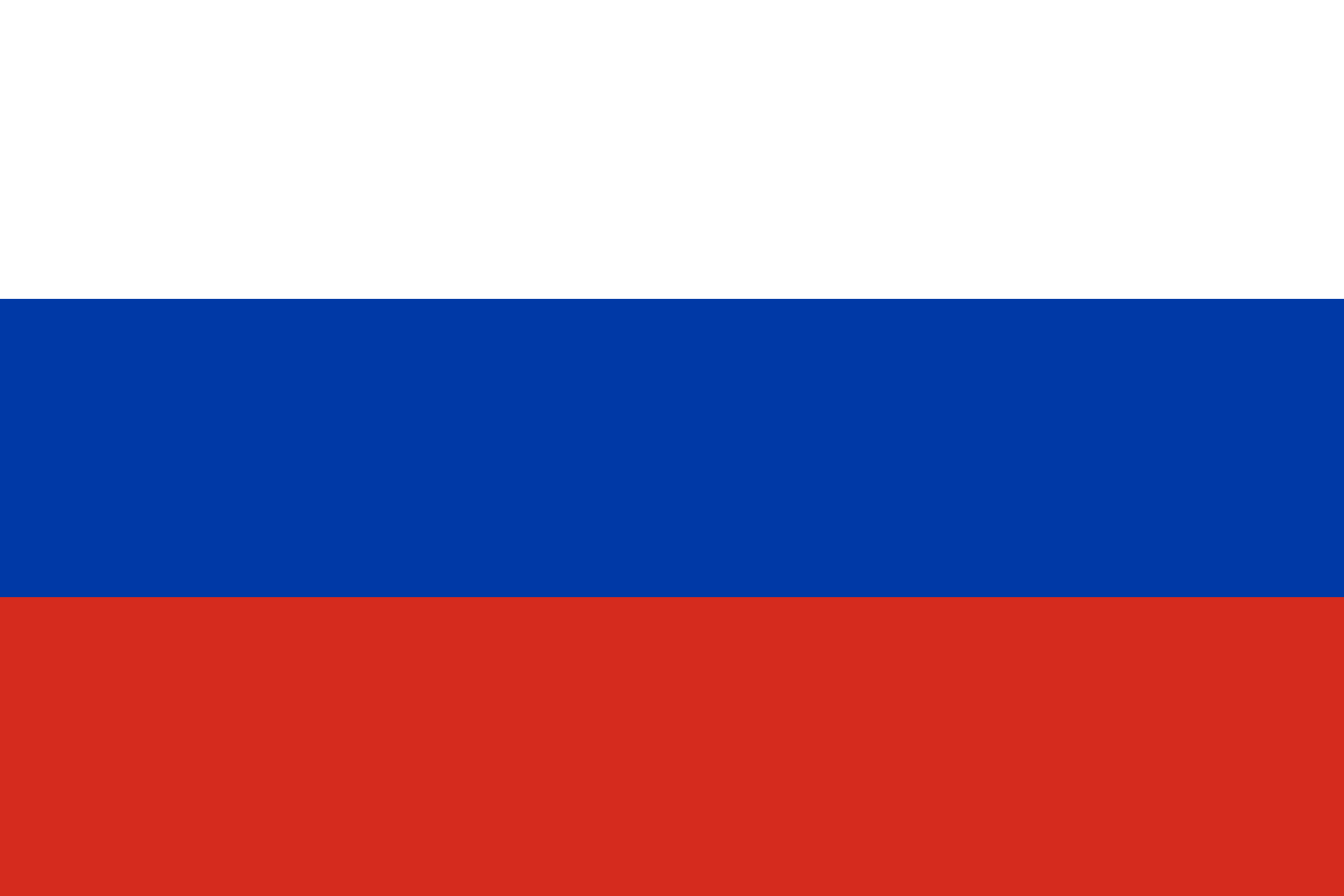

9 mai - Jour de la Victoire - День Победы

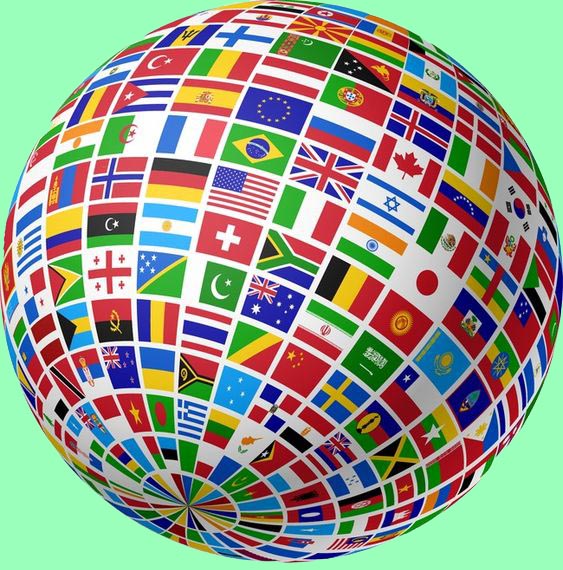

 |
 |
9 mai - Jour de la Victoire - День Победы |
 |
 |
 |
|
2021 |
7 mai | La conférence de Yalta | Jour de la Victoire | |
| 8 mai | La mémoire qui préserve la paix | Jour de la Victoire | ||
| 11 mai | Film « Ils ont combattu pour la patrie ». | Ciné-club | ||
| 14 mai | « 9 mai » | Ecole de Langues | ||
| 15 mai | Бессмертный полк в Бельгии - Régiment immortel | Jour de la Victoire | ||
| 19 mai | « La compagnie des écrivains » | Exposition | ||
| Juin | Film « La Bataille de Brest-Litovsk » | Ciné-club | ||
| Juin | Participants à l'Exode russe, participants à la Résistance | Conférence | ||
| Juin | Film « Les cadets de Podolsk » | Ciné-club | ||
| 18 juin | « Demain, c'était la guerre » | Jour de la Victoire | ||
| 21 juin | La Résistance | Table ronde | ||
| 22 juin | « La tragédie des pertes et la grandeur de la victoire » | Exposition | ||
| 22 juin | « Le mouvement des partisans biélorusses » | Exposition | ||
| La musique des Héros | Le projet « La musique des héros » est dédié aux musiciens, grâce auxquelles mêmes les jours de guerre les plus terribles ont été remplis de mélodies d'espoir. | |
 |
 |
 |
||||
| Défilé sur la Place Rouge 2015 - | Concert au VDNKh - Dimtri Kvorostovski 70 ans de la Victoire - 2015 |
|
Comprendre le Jour de la Victoire | |||
| Contexte | Activités |
| Jour de commémoration de la signature à Berlin de l'acte de capitulation de l'Allemagne nazie, le 9 mai à 01 h 01, heure de Moscou (MSK) , 8 mai 1945, à 23 h 01, heure d'Europe centrale (CET) |
|
Le 9 mai dans d'autres pays
|
Jour de la Victoire - День ПобедыLe Jour de la Victoire , célébré le 9 mai en Russie et dans la plupart des pays de l'ancienne Union soviétique, est le jour de commémoration de la signature à Berlin de l'acte de capitulation de l'Allemagne nazie face aux troupes alliées (Union soviétique, États-Unis, Royaume-Uni et Commonwealth, France libre, Pologne libre, Roumanie, entre autres) et donc la fin pour les Soviétiques de la Grande Guerre patriotique. Célébré par 95% des Russes, le Jour de la Victoire est la deuxième fête la plus populaire dans le pays, ce qui n’est pas étonnant, la Grande Guerre patriotique ayant touché pratiquement toutes les familles russes. Cette journée commence par le défilé militaire sur la principale place du pays, la place Rouge, et se poursuit sous l’accompagnement de chants militaires et de chansons dédiées à la Seconde Guerre mondiale qui résonnent pratiquement partout. Depuis 2015, une nouvelle tradition a été adoptée en Russie à l’occasion de cette fête – le défilé du Régiment immortel, lorsque des gens portant les portraits de leurs ancêtres ayant pris part aux combats sortent dans les rues à travers le pays pour commémorer l’exploit de leurs aïeux. |
Régiment immortel - un hommage massif aux combattants de la Seconde Guerre mondiale - Бессмертный полкLe Régiment immortel est une marche organisée à la mémoire des combattants contre le nazisme par leurs descendants. « Cette guerre a touché tout un chacun. Chaque famille a des sentiments mitigés, mais c’est une fête dont nous sommes fiers ». Comme jadis leurs grands-pères et arrière-grands-pères qui voulaient se remonter le moral pendant le combat, les Russes présents à la marche ont entonné des chansons de l’époque, telles que Guerre sacrée ou Katioucha. Dans le même temps, certains critiques constatent que le sens du Régiment immortel s’érode, car le souhait sincère de rendre hommage aux ancêtres se transforme progressivement en simple flashmob |
|||
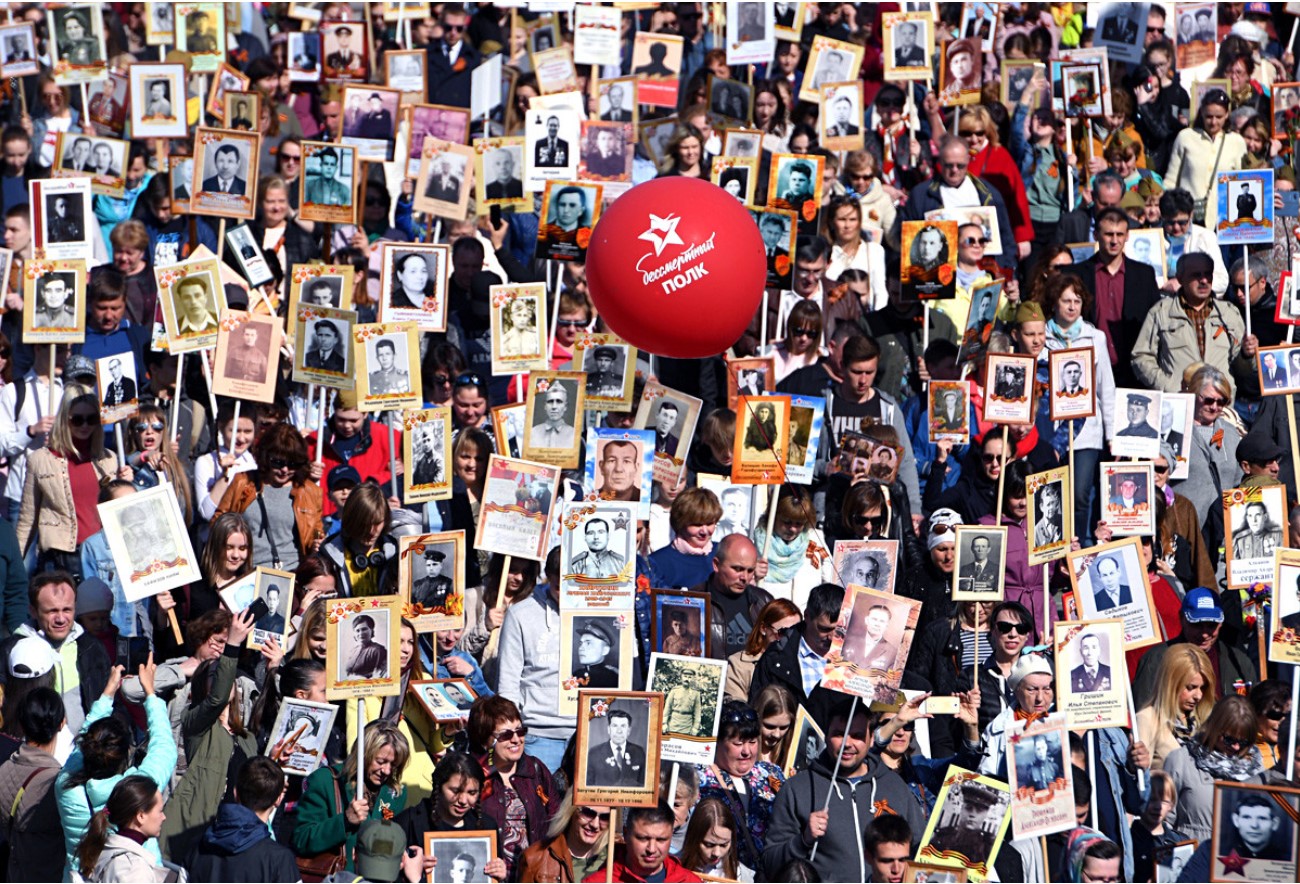 |
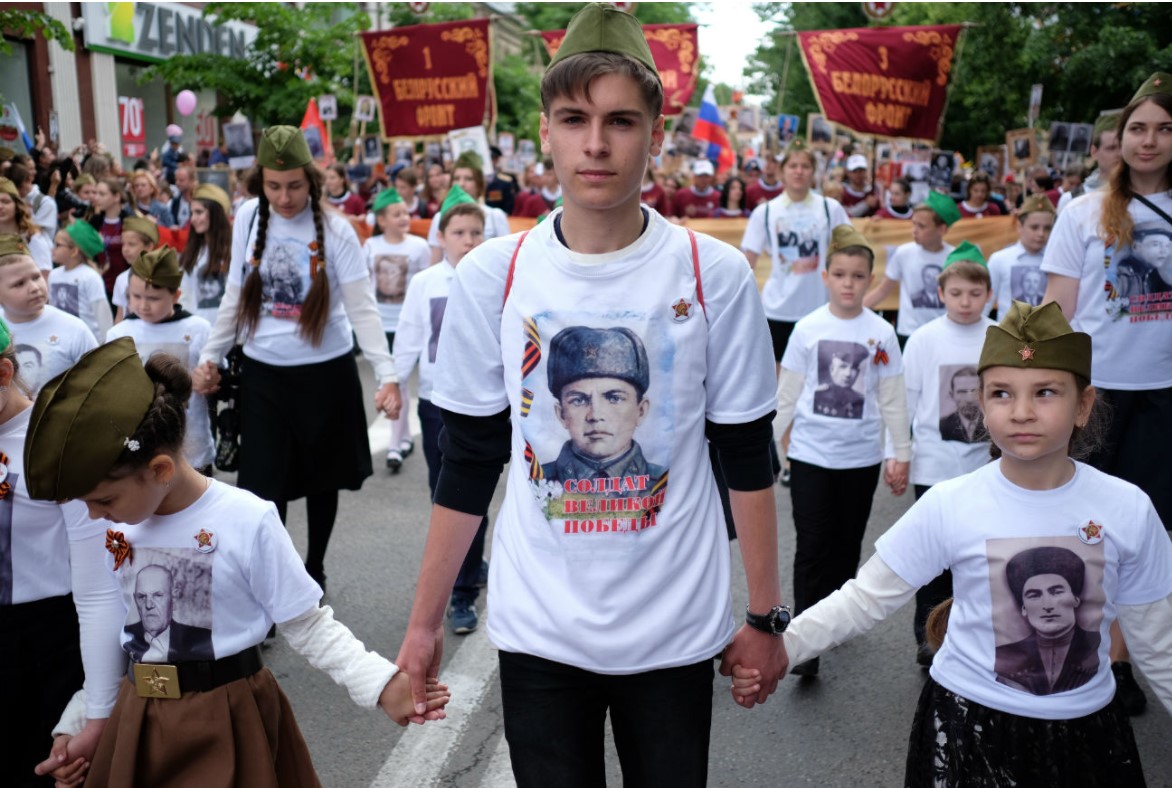 |
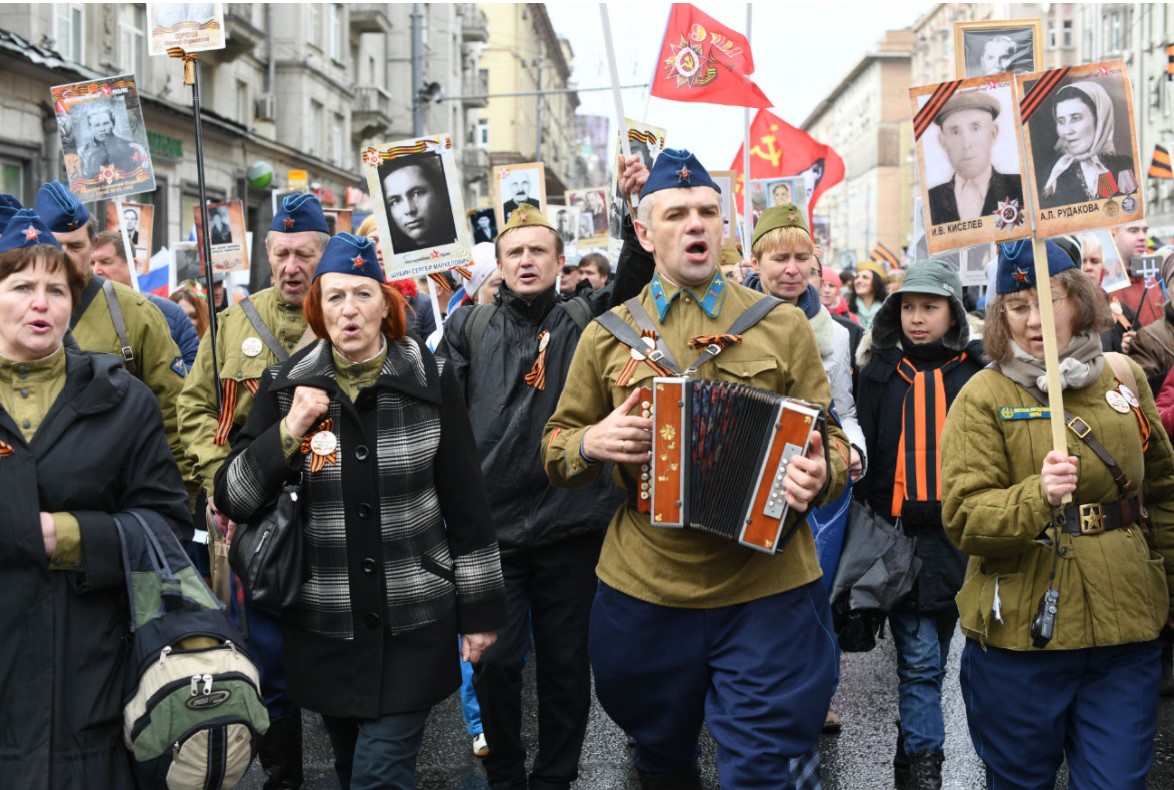 |
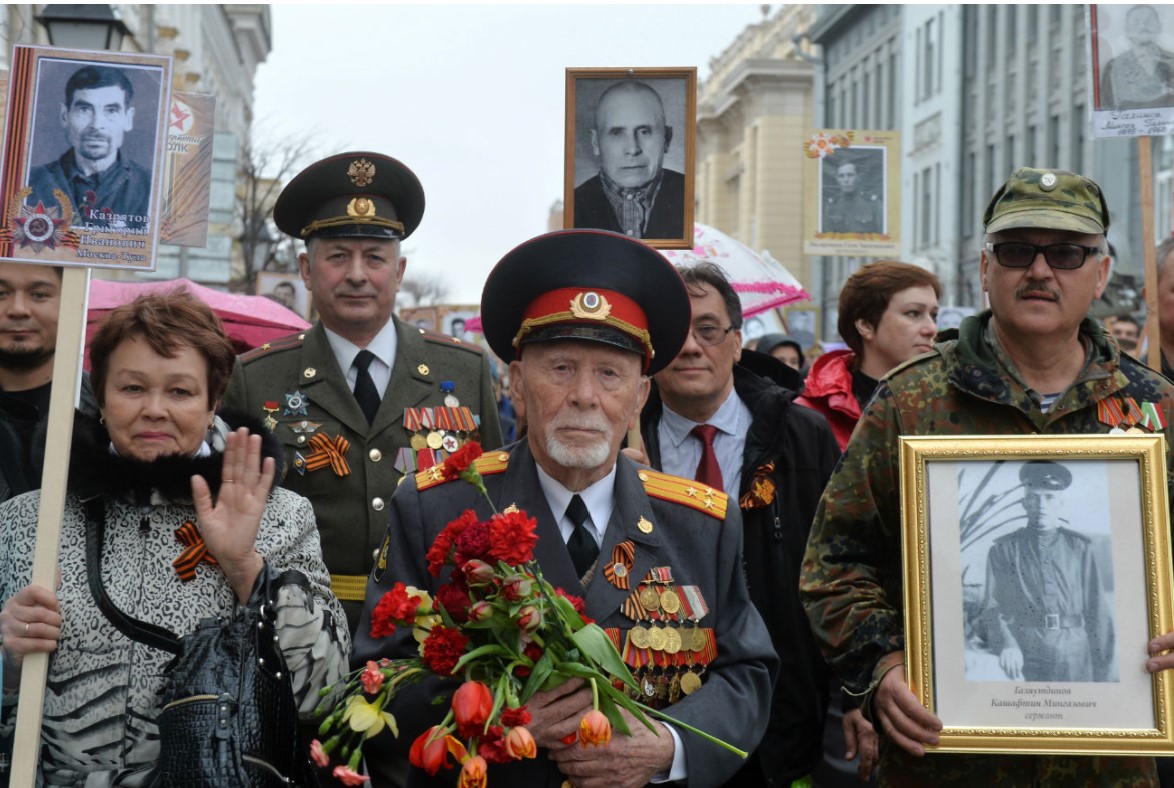 |
Capitulation du Troisième ReichUn premier acte de reddition de l'armée allemande a été signé à Reims (France) le 7 mai 1945 à 2h41 du matin. Cet acte de reddition reconnaît la capitulation sans condition du Troisième Reich et ordonne la cessation des combats le 8 mai à 23h01. Staline ayant demandé que l'acte soit signé dans la capitale d'Hitler (Berlin), une seconde signature de l'acte de capitulation a eu lieu à Berlin dans la soirée du 8 mai 1945, à 23 h 01 (heure d'Europe centrale), mais donc le 9 mai à 01 h 01, heure de Moscou, compte tenu du décalage horaire. Jour de la Victoire |
| https://en.wikipedia.org/wiki/Victory_Day_(9_May) | ||
| https://ru.wikipedia.org/wiki/День_Победы | ||
| Comprendre le Jour de la Victoire en Russie |
On May 9, 1945, after six years of fighting and seventy million people killed, World War II comes to an end. It was the bloodiest conflict in the history of mankind. Today it is a holiday in Russia, where you can hear the phrase "СДнёмПобеды !" (Happy Victory Day!). The Great Patriotic WarFor most Europeans, this conflict is called World War II. On the other hand, Japanese and Americans fought the Pacific War. But for the Russians this war was the "Great Patriotic War". It was the same war, but with different names, which began in 1939 with the German invasion of Poland. The response to the attack came from the UK, which decided to fight back. Several countries joined shortly afterwards to fight against Germany. The war had begun. The role of the Soviet UnionAt the beginning of the war, the Soviet Union remained neutral under the agreements signed with Germany, which Hitler broke in 1941 when the Nazis began the invasion of the Soviet Union. At that time, two sides appeared. On one side were the Axis powers: Germany, Italy, Romania, Japan and Finland; and on the other side, the Allied countries: UK, USA, France, Soviet Union, Poland, Australia and Canada. In addition to those states, World War II influenced in one way or another most of the world, as only nine countries remained neutral throughout the conflict. Hitler’s Germany began the war with significant victories and conquests, but the entry of the Soviet Union in the conflict was a decisive factor. Hitler lost two thirds of its military power trying to reach Moscow, which also explains the tremendous loss of civilian and military lives on the Soviet side. For years, Germany and the Soviet Army fought against each other in Moscow, Leningrad or Stalingrad. Finally, in 1945, the Red Army reached Berlin, and the war ended. The generals from the Allies did not like this Russian move, but without it there would have been a historical injustice for the Soviets who sacrificed an entire generation to achieve the final victory. The victory daysWhen did World War II end? This is a simple question, but the answer is more complicated than it seems. If we asked a regular soldier, he might answer that World War II finished on April 25, 1945 when the Allied and Soviet fronts eventually met. A British general would probably say that the war concluded on May 8 with the German surrender. An American would say that the conflict came to an end on September 2 with the Japanese unconditional surrender in the Pacific War. Finally, a Soviet soldier would say that the war ended on May 9. The only thing everyone would agree on would be the year: 1945. The date regarding the Pacific War is due to the fact that it was a conflict with no connection with the fighting in Europe and Africa. As for the different dates in Europe, they are due to political and military misunderstandings. On May 7, 1945 the German army High Command signed their surrender in Reims, France, before the Allied High Command. That day, representatives of the British and American High Command were present, and a representative of the Red Army named Ivan Susparoff. Susparoff tried to contact Russian General Zhukov to ask if the Soviet Union had to sign the document. He did not receive any reply and signed it together with the rest of the Allies. Thus, the war officially ended the following, May 8, 1945. May 9th, the Victory DayZhukov, upon hearing the news got remarkably enraged. He had been the leader at Stalingrad, Leningrad, Moscow, and it was he who entered in Berlin, and yet, the Germans were not signing the surrender before him. But using his exceptional skills as a strategist, Zhukov informed the Allies that the Soviet Union considered the surrender of May 7 as partial, since it had not taken place before the head of the Red Army, making it possible that the Germans could continue fighting on the Eastern Front. This possibility was a remote one, since the Soviets had shattered the German forces, and they were unable to keep on fighting. But Zhukov achieved his aim: the German General Keitel surrendered to Zhukov officially on May 9, 1945 in Berlin's Karlshorst. The Victory paradeToday in most of Europe and the U.S. celebrations of the end of World War II are a minor event, but in Russia and other countries of the Soviet Union, it is a national holiday. Every 9 May, a large military parade takes place on Red Square in Moscow, with thousands of soldiers, tanks, missiles and aircrafts. Legend has it that in the years of the Cold War, these parades became so big, that Soviet leaders considered demolishing St. Basil Cathedral to increase the space for larger ceremonies. The first Victory Parade was held on June 24, 1945 and was led by Zhukov himself on a white horse. It is said that this honor was reserved for Stalin, but his quality as a rider was so bad that he fell from his horse during rehearsals and decided to follow the parade with the rest of authorities. |
A Soviet soldier places the Soviet flag
German capitulation in Karlshorst
General Zhukov on the first Victory Parade, 1945
|
| Commémoration de la Capitualtion de l'Allemagne Nazie | ||
| Biélorussie, Kazakhstan, Moldavie, Ukraine, ainsi que d'autres pays post-soviétiques | Jour de la Victoire - Commémoration de la Capitulation de l'Allemagne signée à Berlin le 8 mai 1945 à 23h01 heure de Berlin, mais le 9 mai à 1h01 heure de Moscou | |
| Arménie | Fête de la victoire , qui commémore la victoire des Alliés en 1945, | |
Prise de la ville de Chouchi le 9 mai 1992 Ville de la République du Haut-Karabagh. À partir de 1992, la quasi-totalité de la population est arménienne, les populations azéries ayant fui la région durant la guerre du Haut-Karabagh. La ville de Chouchi comptait 4 446 habitants en 2015. |
||
| Guernesey et Jersey | Liberation day, fête de la libération, qui commémore la fin de l'occupation des îles Anglo-Normandes durant la Seconde Guerre mondiale, en 1945. | |
| Autres commémorations | ||
| Nations Unies | Journées du souvenir et de la réconciliation en l'honneur des morts de la Seconde Guerre mondiale (8 et 9 mai selon la résolution 59/26 de l'ONU, du 3 mai 2005) | |
| Union Européenne | Journée de l'Europe célébrant la déclaration Schuman du 9 mai 1950 à l'origine de l'Union européenne | |
| Roumanie | Fête de l'indépendance, qui commémore l'émancipation vis-à-vis de l'Empire ottoman, en 1877. | |
| Sites web | |||
| Fêtes en Russie | |||
| Coutumes et traditions de Noël et Nouvel An | |||
| Maslenitsa | |||
| Pâques orthodoxe | |||